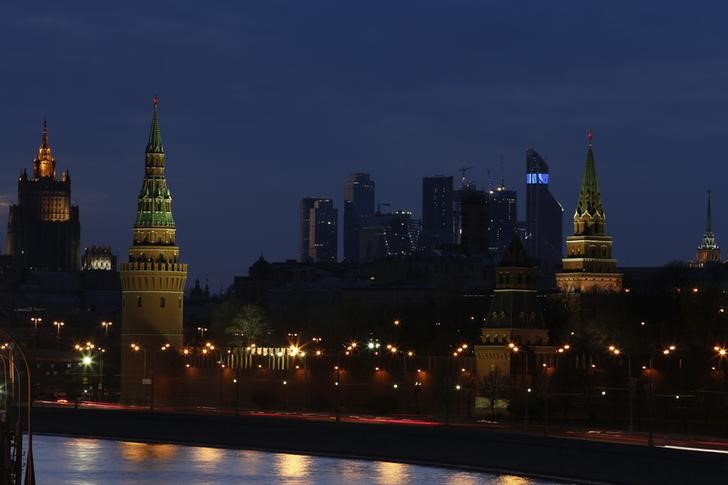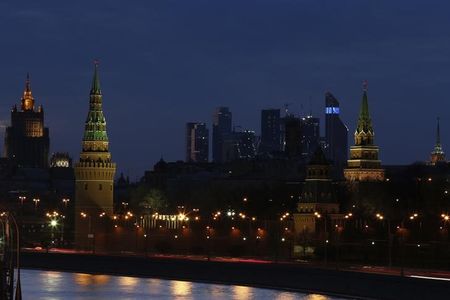
MOSCOW – Russia’s economy could contract by less than 4% in 2020, Finance Minister Anton Siluanov said on Tuesday, an improvement on previous assessments and a positive sign for an economy bruised by low oil prices and the COVID-19 pandemic.
Speaking at a financial forum in Moscow alongside Central Bank Governor Elvira Nabiullina, Siluanov warned against excessive borrowing to finance Russia’s economic recovery.
The debt-to-GDP ratio will reach nearly 20% in 2021 and must not increase further, Siluanov said.
And at a time when Russia is facing the real threat of additional sanctions over the suspected poisoning of Kremlin critic Alexei Navalny, Siluanov sought to woo foreign investors, attracted to Russia’s OFZ treasury bonds thanks to their relatively attractive yields.
“The amount of debt that we borrow this year will depend, among other things, on whether foreign investors trust us,” said Siluanov.
“If we do not have as many foreign investors, we will not borrow as much. Therefore, we need to value this trust.”
Speaking ahead of the central bank’s rate-setting meeting on Sept. 18, Siluanov said lower interest rates would help revive economic growth.
Economists polled by Reuters last month, before the rouble’s rapid depreciation, forecast a 4.7% economic contraction in 2020 and said subdued inflationary risks could give Russia room to cut rates for a fifth time this year.
Nabiullina gave no new signals as to whether the central bank would cut the key rate from 4.25% next week, reiterating the bank’s earlier statement that there was room for a monetary policy manoeuvre.
“All will depend on how the situation with the pandemic evolves, with the economy in general, with inflation,” she said.
The Bank of Russia sees inflation at 3.7-4.2% by the end of the year, and Nabiullina was insistent that there is no need to revise its 4% inflation target.
Neither Nabiullina nor Siluanov addressed the issue of the weak rouble, dented by risks of Western sanctions against Moscow related to the turmoil in Belarus and the poisoning of Navalny.
